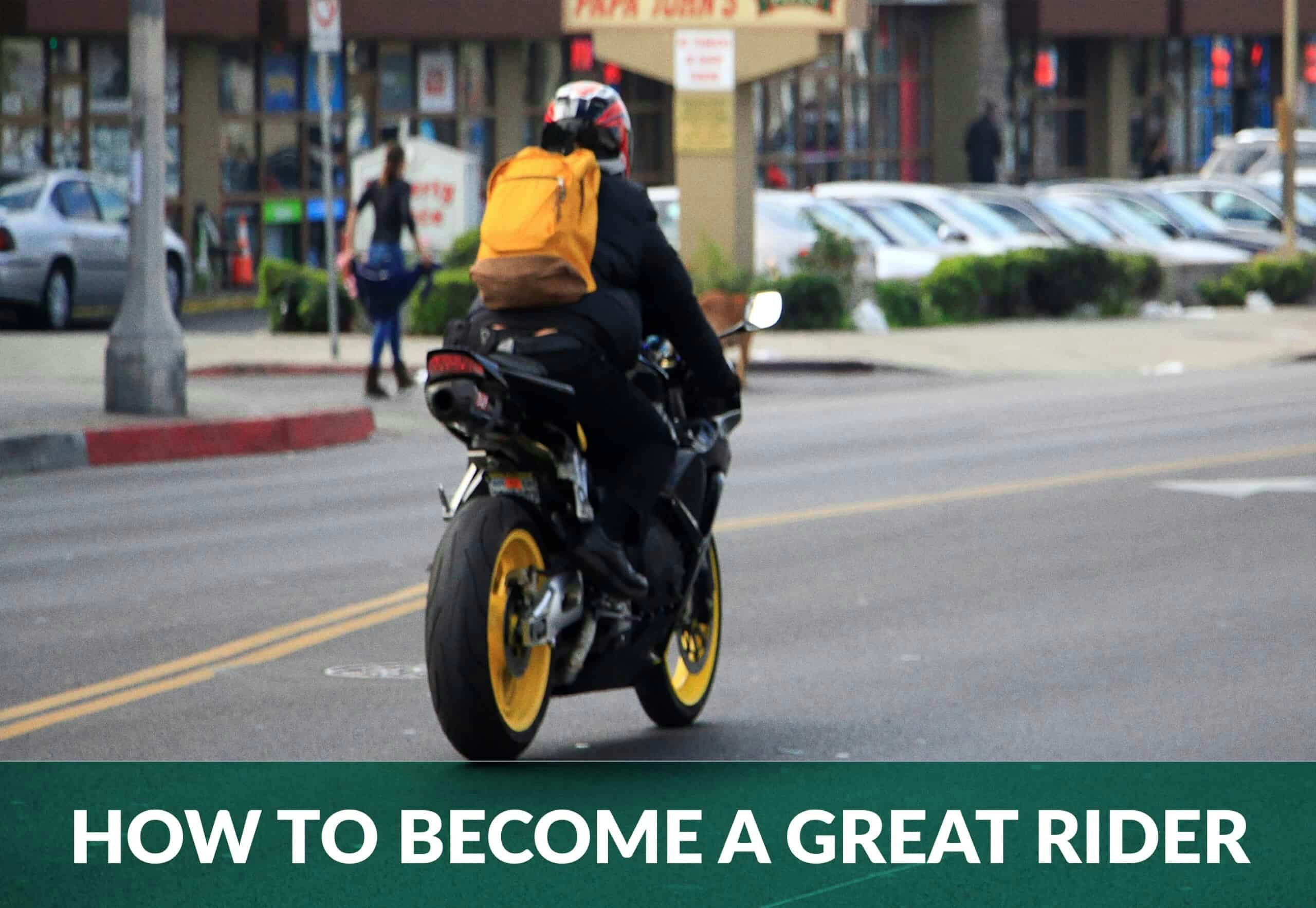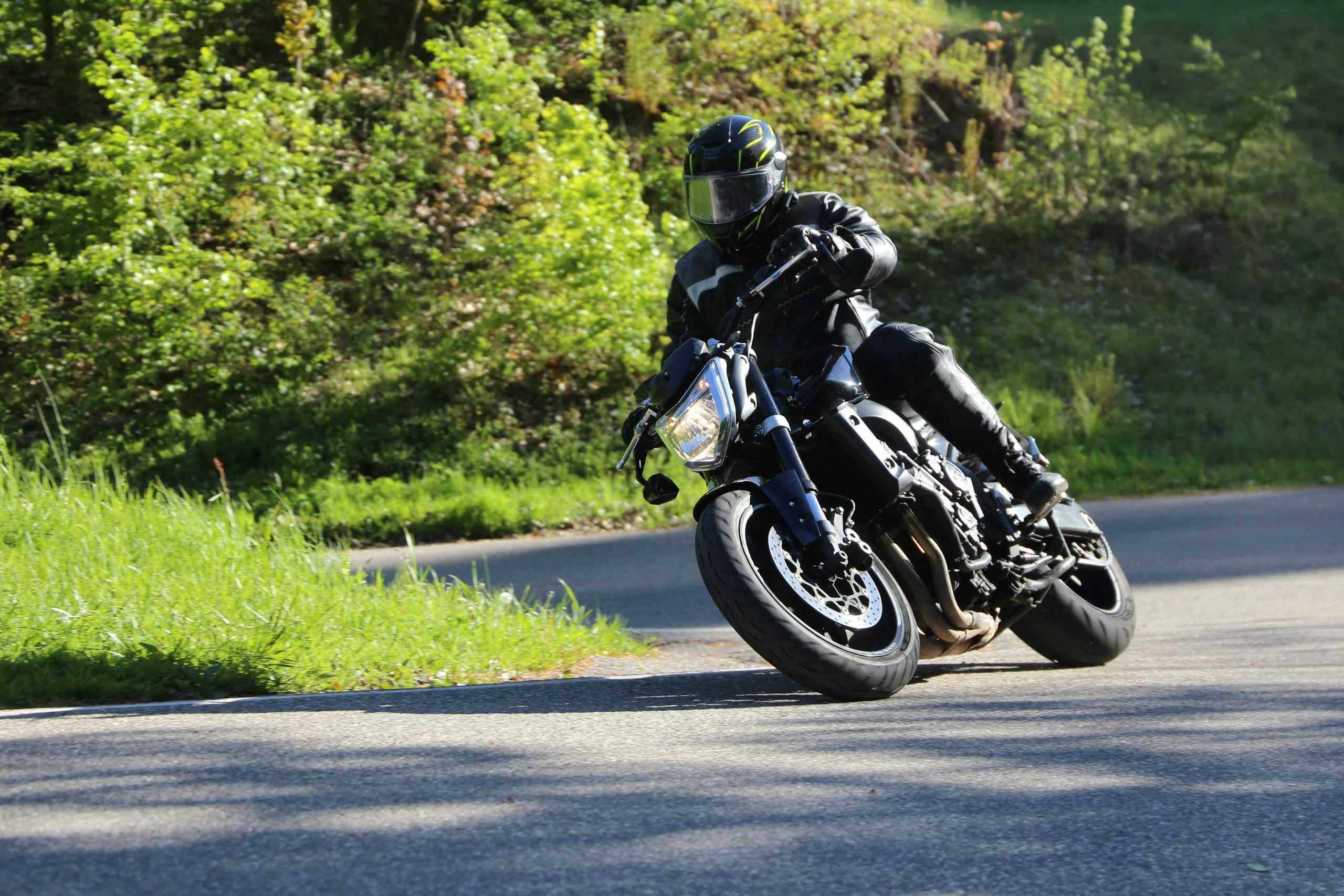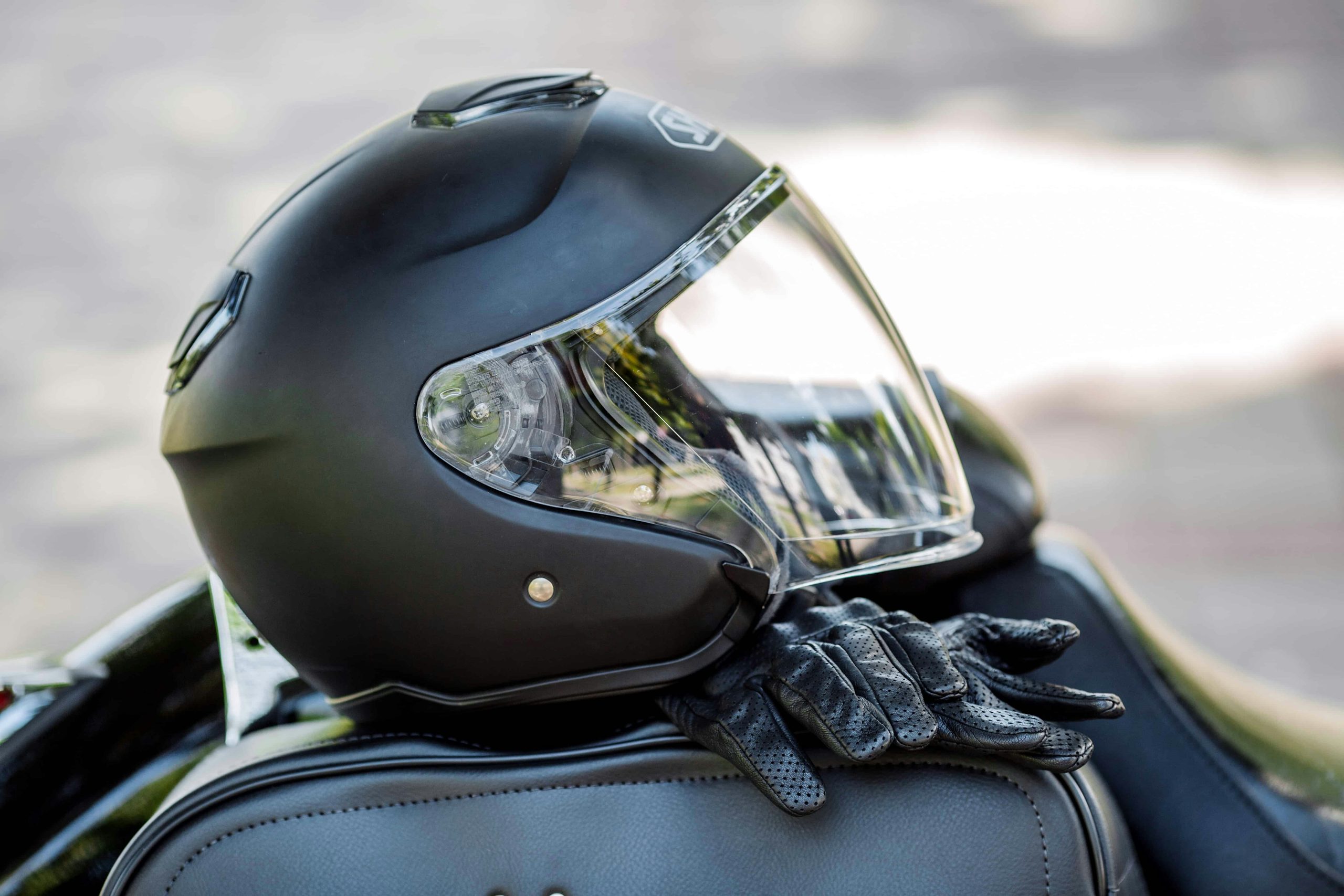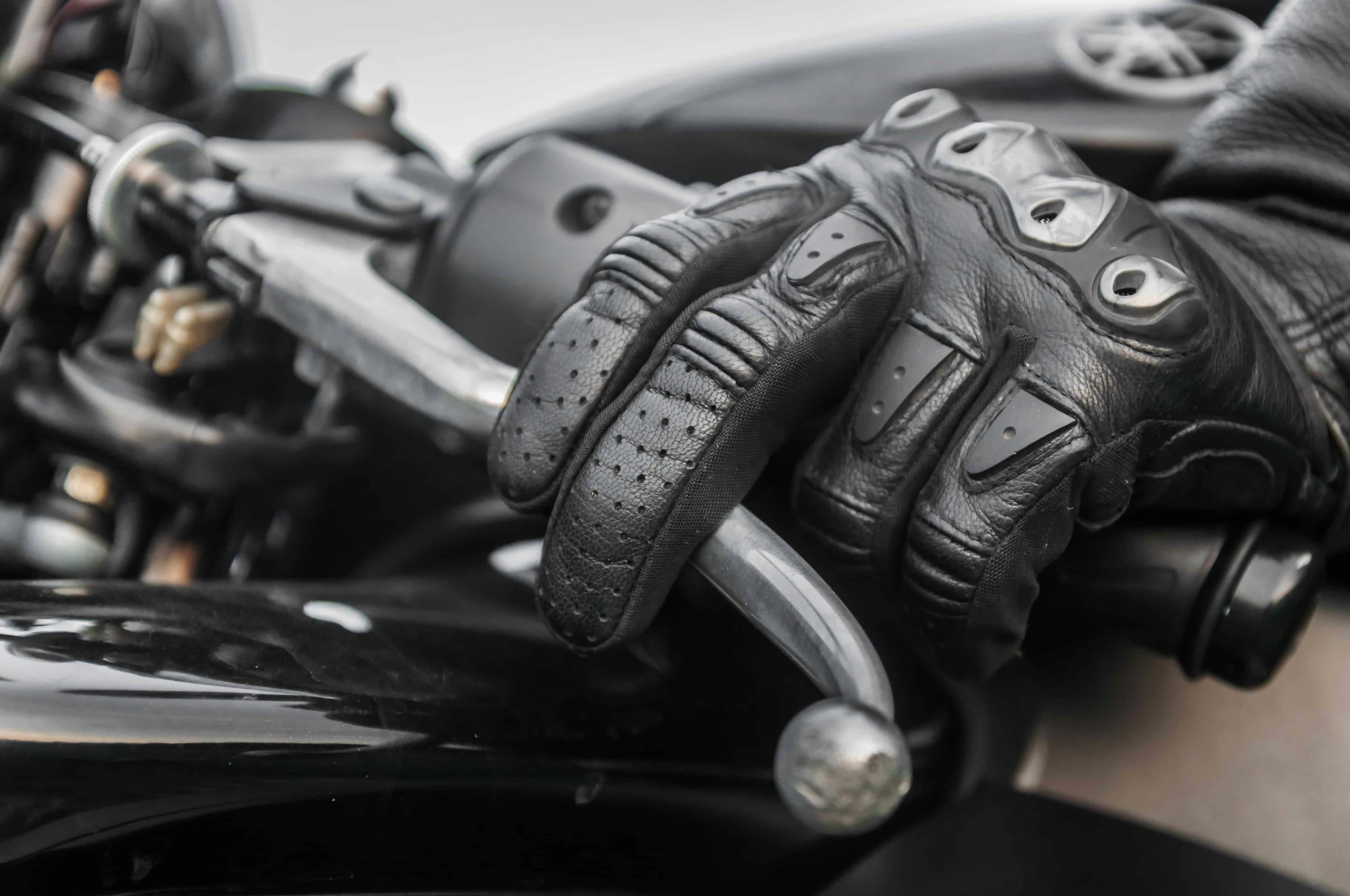
Mastering the Motorcycle: How to Become a Great Motorcyclist
While a motorcycle license and perhaps a safety course is everything that is required in most states, that’s not enough training to become an expert at riding a motorcycle. Whether you’re a complete newbie or a seasoned rider, there are always areas for improvement. And the time you put into mastering the motorcycle could save your life.
Here are some tips to become the best motorcyclist you can be.
1. Commit to Practicing Regularly
Sure, most motorcyclists can’t dedicate an hour every day to improving their motorcycle skills. But if you’re serious about getting better, it’s necessary to dedicate a set amount of time to it. Then, identify a skill to focus on, find drills to help you improve, and practice them in an empty parking lot or quiet street. As you slowly master different aspects of riding, choose new ones that are more challenging.
If you’ve taken a break from riding for a few years or just a season, training is even more important. So much of riding is muscle memory, which doesn’t develop if you don’t practice.

Some essential areas to practice are:
- Braking: Work on stopping normally from various speeds, then work on quick stops. Understand braking theory and how much pressure you should put on the front and back wheel brakes. When you’re ready, find and test your bike’s maximum braking force.
- Carrying a passenger: Another person on your bike changes its dynamics quite a bit, so get used to riding with another person.
- Steering, lane placement, and control: Practice riding in a slow circle, then work on avoiding obstacles, weaving, and swerving quickly. Learn countersteering skills once you’re ready. Practice picking the best lane of travel for turns.
- Turns: Be sure to practice basic turns, sharp turns, slow turns, turns from a stop, U-turns, and so forth.
- Motor controls: Have at least a basic understanding of how your bike works. Practice clutch and throttle control, as well as up- and down-shifting. The goal is smoothness, so practice accelerating and decelerating until you don’t have to think about it.
- Vision and focus: Work on your situational awareness. Don’t get distracted and always keep an eye on traffic around you.
- Posture, body position, and body timing: Understand the physics of how body position affects your riding. Learn and practice correct posture as you improve. Have an experienced rider check your body position or take pictures/videos to assess yourself.
If you need more structure for your motorcycle practice, consider taking a motorcycle safety course. Most states offer courses for different experience levels.
2. Get Professional Help
You can find plenty of motorcyclists on the Internet who are full of riding advice, but you should be careful of who you listen to. Motorcyclists have different opinions on what maneuvers are dangerous, what constitutes safe riding, and so on, and not all of them are legitimate. Look for a few trusted riders who are willing to help you out, or find a reputable motorcycle riding school to learn from professional trainers.
3. Develop a Great Road Strategy
Whenever you’re on your bike, work on developing a great road strategy so that it becomes habitual. You shouldn’t have to consciously think about your motorcycle’s lane placement; it should be as natural as breathing.
It can be difficult for other drivers to see motorcycles. A master motorcyclist realizes this and takes the necessary steps to compensate. Part of a great road strategy is creating safe riding habits. For example, every time you get on your bike, be sure to:
- Keep a sufficient space cushion on all four sides.
- Stay aware of other road users and avoid those that seem irritated, distracted, or reckless.
- Wear protective gear.

4. Learn Easy Motorcycle Maintenance
Motorcyclists often feel a close connection with their bikes; they know how it reacts to different maneuvers, how it feels when they’re riding up a hill, and how it should sound when it’s working well. As a result, many riders enjoy tinkering with their bikes, whether they’re adding new attachments, checking certain areas, or performing basic maintenance.

Though not everyone has the time or skill to become a motorcycle maintenance expert, it’s a good idea to learn the basics about your bike. If you’re interested in learning more, ask your motorcycle friends – some may be experts in maintenance. See if they’re willing to teach you about your bike. That way, if it breaks down, you’ll have a better idea of what to do, whether it’s safe to ride your motorcycle to the garage, and who should take care of more difficult maintenance tasks.

300+ exam-like questions
All you need to ace your MC test
Perfect for anyone looking to get an MC permit or license
Recommended articles
Ace your DMV test, guaranteed
Want to Be the Top School in Your Area?
- Simple & automated admin
- More time for teaching
- #1 learning materials for students


